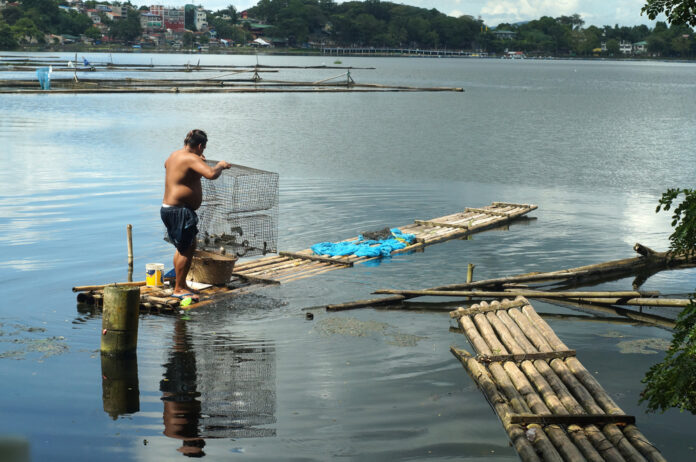Fisherfolk group Pambansang Lakas ng Kilusang Mamamalakaya ng Pilipinas (Pamalakaya) urges government to come up with a contingent plan for the fisheries sector as temperatures rise and fish catch dwindle due to El Nino.
The group said fish from Laguna de Bay now sell for far less due to its smell and the unpleasant taste acquired from having to move to deeper lake waters.
“Fishers are bracing for the prolonged dry spell and its adverse impact to their livelihood. During El Niño, fishing activities are more difficult than usual as fishes and other marine species migrate and move to deeper waters to seek cooler temperatures. The El Niño phenomenon also triggers ecological disturbances such as fish kills and red tide due to low levels of dissolved oxygen in water,” said Ronnel Arambulo, Pamalakaya national spokesperson.
According to him, Laguna de Bay fishes have acquired an unpleasant, earthy taste and smell bad, causing a drop in farm gate prices.
“This results in a further diminution of income for small-scale fishers and, consequently leads to hunger for dependent families,” Arambulo said.
The Bureau of Fisheries and Aquatic Resources (BFAR) quickly gave assurance that mitigating measures have been crafted and put in place.
Demosthenes Escoto, BFAR national director, the agency encourages fisherfolk to observe good aquaculture practices like having the appropriate stock or number of fingerlings in cages so they don’t lack oxygen and reduce the likelihood of fish kill from occurring.
Escoto said other strategies include intensified information, education and communication campaigns among fish farmers, boosting production of fish farming in cages in the mariculture parks, and ensuring sufficiency of fry and fingerlings.
He added the BFAR will also continue its close monitoring of algae blooms for possible red tide occurrence and the provision of technical assistance on fish disease detection and treatment, among others.
Escoto also emphasized that El Niño may be favorable to archipelagic species such as tuna and sardines because these organisms prefer warmer temperatures but will cause challenges to land-based aquaculture species like milkfish and tilapia since low water levels also mean lesser dissolved oxygen.
The supply and price of fish in local markets remain stable as of latest agency monitoring.







